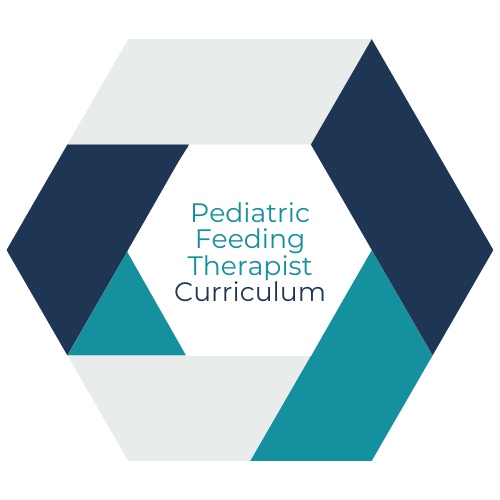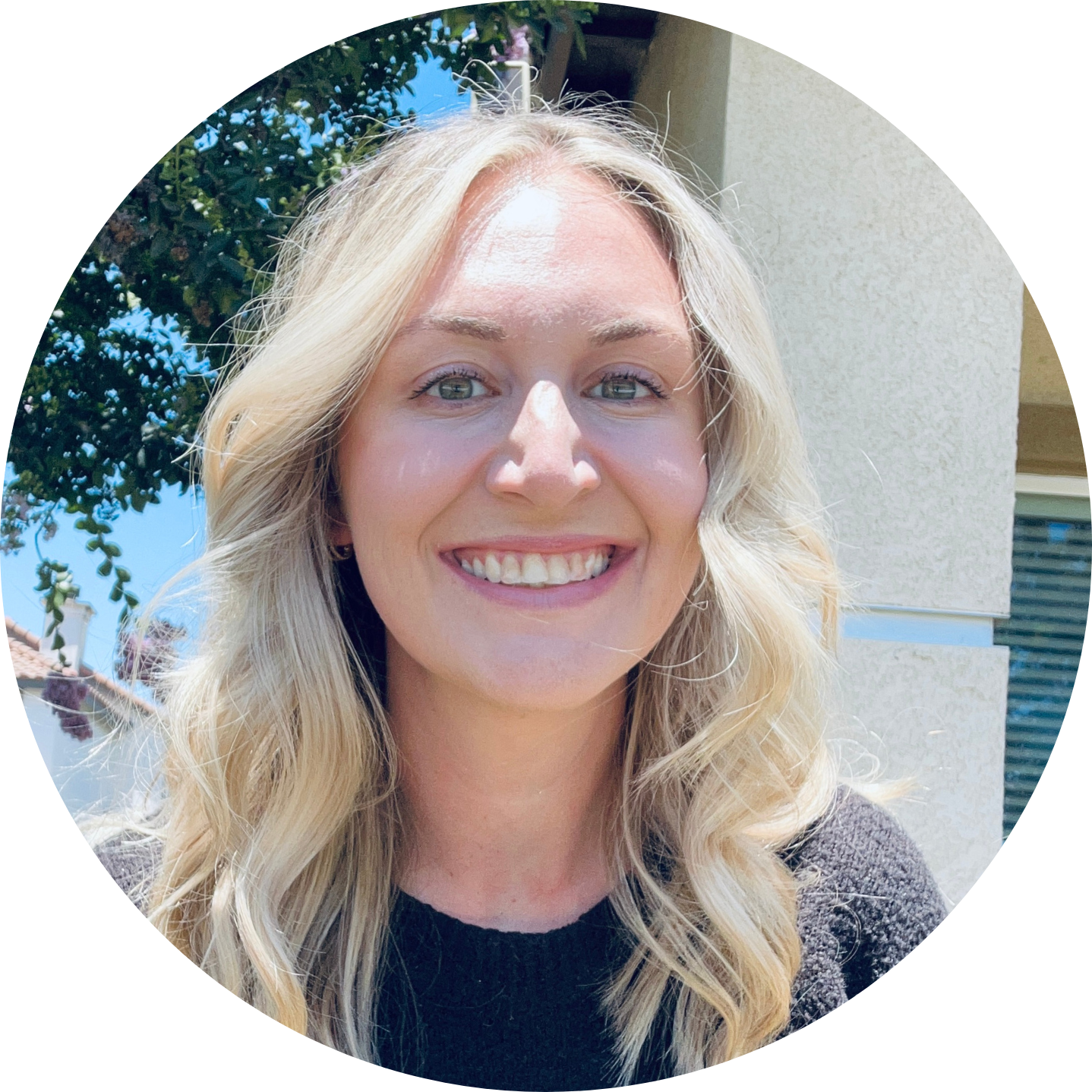
This course aims to provide detailed steps to assessment of feeding and swallowing in the NICU, detailed therapeutic interventions with further examination of complex scenarios including feeding on respiratory devices and breastfeeding in the NICU. This course will also provide a detailed analysis of feeding after the NICU including the challenges infants and caregivers face following discharge from the NICU and throughout the first 12 months of feeding. Case studies will be provided to highlight topics covered with real life scenarios.
MEET OUR PRESENTER:
Christina is a speech-language pathologist specializing in neonatal therapy and pediatric feeding and is a Certified Neonatal Therapist. Christina currently works in a Level 1 trauma center with patients across the lifespan, primarily working in the hospital’s Level III NICU and outpatient clinic with pediatric feeding patients. In addition, Christina completes Modified Barium Swallow Studies and Flexible Endoscopic Evaluation of Swallow with patients of all ages, ranging from neonatal and pediatric through adults, both in the inpatient and outpatient settings. Prior to Christina’s current position, she worked at a Pediatric Rehabilitation Hospital with patients ages 0-21. She was part of a team to develop an Infant Feeding Program for infants to transition from the NICU to the rehabilitation setting in order to continue working on feeding. Christina is passionate about all areas of neonatal and pediatric feeding, striving to continue learning and growing as a clinician, as well as sharing her experiences with other professionals.

TIME ORDERED AGENDA & LEARNING OBJECTIVES
0-120 minutes: Assessment in the NICU - Participants will be able to assess preterm infants risk for feeding and swallowing deficits through thorough chart review of predisposing and precipitating risk factors, analyze preterm infants appropriateness for feeding through the framework of the Synactive Theory of Development, and analyze preterm infants oral motor development and SSB pattern. Participants will be able to select appropriate bottle/nipple recommendations for preterm infants based on assessment findings. Participants will develop appropriate goals for non nutritive and nutritive feeding following assessment.
121-240 minutes: Intervention in the NICU - Participants will learn to choose appropriate non nutritive interventions for preterm infants as well as provide modifications to NICU interventions to facilitate and support the development of feeding and swallowing in preterm infants. Participants will apply relevant research to specialty areas of intervention including feeding infants on respiratory support.
241-360 minutes: Feeding after the NICU and Case studies - Participants will be able to develop appropriate discharge recommendations for infants leaving the NICU as well as manage ongoing feeding therapy for infants discharged from the NICU in the outpatient setting. Participants will use the information presented related to assessment, intervention, and feeding after the NICU to analyze case studies of infants provided to highlight the topics covered with real life scenarios.
LEARNING OUTCOMES
After completion of course participants will be able to:
- Analyze preterm infants appropriateness for feeding through the framework of the Synactive Theory of Development.
- Choose appropriate non nutritive support interventions for preterm infants.
- Provide modifications to NICU interventions to facilitate and support the development of feeding and swallowing skills in preterm infants.
- Develop appropriate discharge recommendations for infants leaving the NICU.
- Manage ongoing feeding therapy for preterm infants discharged from the NICU in the outpatient setting.
Frequently Asked Questions:
Presenter Information and Disclosures:


This course is offered for 0.6 ASHA CEUs (Advanced Level, Professional Area).
AOTA CEUs are available for 6 contact hours in Service Delivery & Foundational Knowledge.
Please note if any accommodations are needed to access the learning experience or resource materials, please email support@feedthepeds.com
